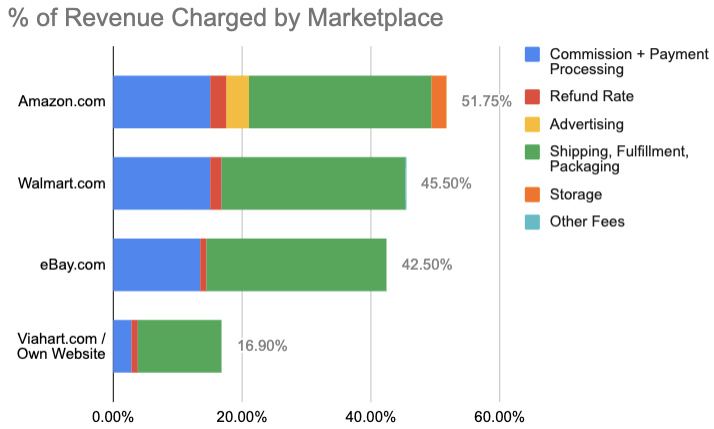
Despite my reservations associated with reading books by non-practitioners, I read this, written by a Harvard business school professor. It had a few good concepts. 

1) there are two types of innovations: a) sustaining predictable innovation eg fitting more transistors on a microprocessor for a 20% improvement
B) disruptive innovations eg quantum computing.
Big established players are good at former, bad at latter.
B) disruptive innovations eg quantum computing.
Big established players are good at former, bad at latter.

(Highlights and underlines are mostly not me. An idiot read this book before I did)
2. This is my favorite insight from the book. Big companies do not go into disruptive innovations because they are a) low margin at the outset b) low quality c) not desired by their current
2. This is my favorite insight from the book. Big companies do not go into disruptive innovations because they are a) low margin at the outset b) low quality c) not desired by their current
3. When a disruptive technology comes onto the scene don’t jam it into your existing use case or customer base. Let it decide what it wants to be.
4. If you operate a big sclerotic corporation, if you want to “solve the innovator’s dilemma” and not he broadsided by more nimble innovators leveraging disruptive innovations to wipe out your business you need to create independent organizations to pursue the disruptive tech 

Two things struck me when reading this book:
1) I kept feeling like I was missing somehting. “Is this all there is?” - correct me if that’s the case
2) bezos definitely read this book and cared a lot about making sure his massive company could respond to disruptive innovation
1) I kept feeling like I was missing somehting. “Is this all there is?” - correct me if that’s the case
2) bezos definitely read this book and cared a lot about making sure his massive company could respond to disruptive innovation
So, yeah. Solid book with interesting concepts. I’d just read a summary and play with the material in your brain instead of reading it. Kind of overrated.
If you’re a startup founder, attack big companies, especially if not founder led or if private equity owned.
/thread
If you’re a startup founder, attack big companies, especially if not founder led or if private equity owned.
/thread
• • •
Missing some Tweet in this thread? You can try to
force a refresh







